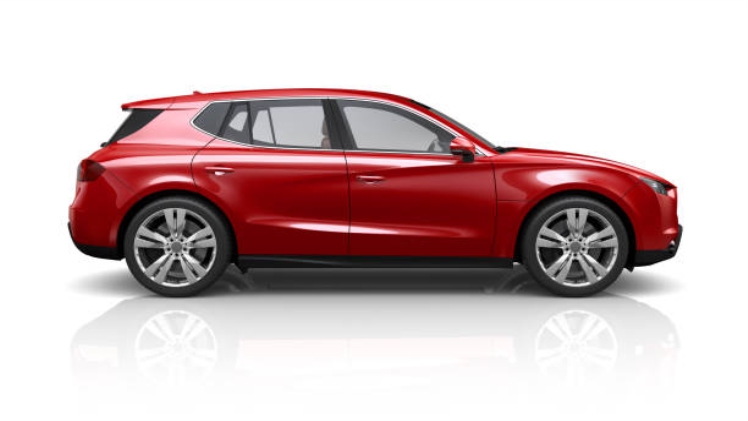The automotive industry is a major part of the global economy and has had a significant impact on society. Over the past century, the industry has evolved from the production of simple, gasoline-powered vehicles to the development of complex, electric and self-driving vehicles. In this article, we will discuss the various aspects of the automotive industry, including its history, current state, and future prospects.
History
The history of the automotive industry dates back to the late 19th century, when inventors such as Karl Benz and Gottlieb Daimler began developing gasoline-powered vehicles. The first commercial automobiles were produced in the early 1900s, and by the mid-1920s, mass production techniques had made cars more affordable for the average person. During the 20th century, the automotive industry continued to grow and evolve, with advances in technology leading to the development of more efficient and reliable vehicles.
Current State
Today, the automotive industry is a highly globalized and competitive market, with major car manufacturers operating in countries all over the world. In addition to traditional gasoline-powered vehicles, there has been a growing trend towards electric and hybrid vehicles, as well as the development of self-driving technology. Many car manufacturers are also exploring new business models, such as ride-sharing and subscription services, in response to changing consumer preferences and demand for more convenient and sustainable transportation options.
Future Prospects
Looking to the future, the automotive industry is expected to continue to evolve and grow, with a focus on electric and autonomous vehicles. Many experts predict that electric vehicles will become the dominant mode of transportation in the coming decades, as governments and consumers increasingly prioritize sustainability and seek to reduce dependence on fossil fuels. Additionally, the development of self-driving technology is expected to revolutionize the way we think about transportation, making it safer, more convenient, and more accessible.
Environmental Impact
The automotive industry has a significant impact on the environment, both in terms of emissions from vehicles and the environmental impact of manufacturing and production. With the trend towards electric vehicles, the industry has an opportunity to reduce its environmental impact and promote sustainability. In addition, many car manufacturers are working to improve production processes and reduce waste, in order to minimize the environmental impact of their operations.
Economic Impact
The automotive industry is a major contributor to the global economy, providing employment for millions of people and generating billions of dollars in revenue each year. The industry also has a significant impact on other industries, such as suppliers of parts and components, and contributes to the growth of many local economies.
Conclusion
The automotive industry has a rich history and continues to evolve and grow, with a focus on electric and autonomous vehicles. While the industry has a significant impact on the environment and the economy, it also has the potential to promote sustainability and improve the lives of people all over the world. Whether we are talking about the latest electric vehicles or the development of self-driving technology, the future of the automotive industry is sure to be full of exciting and innovative developments.

